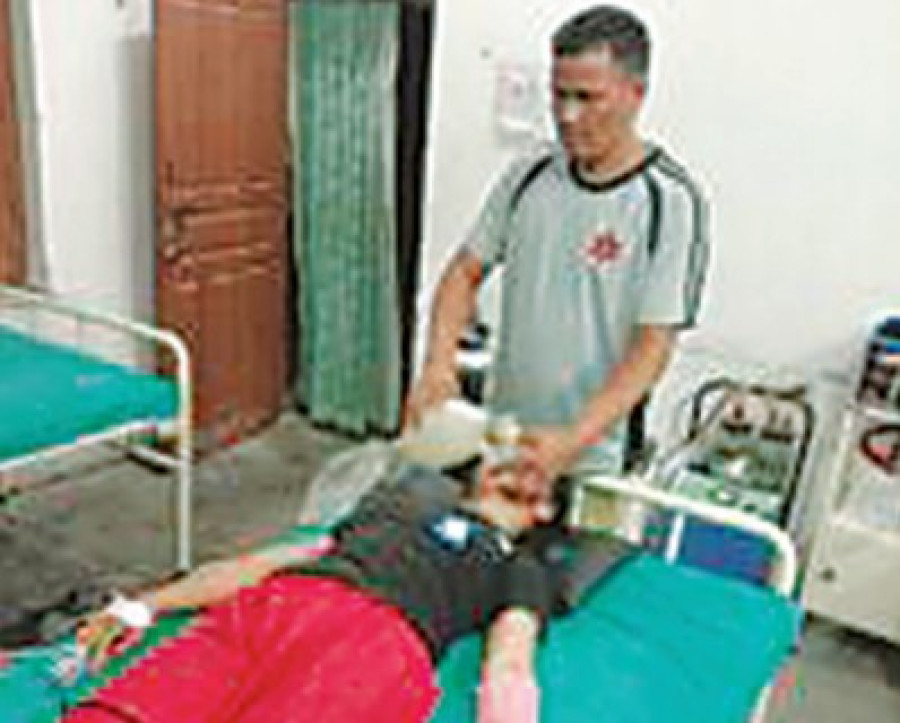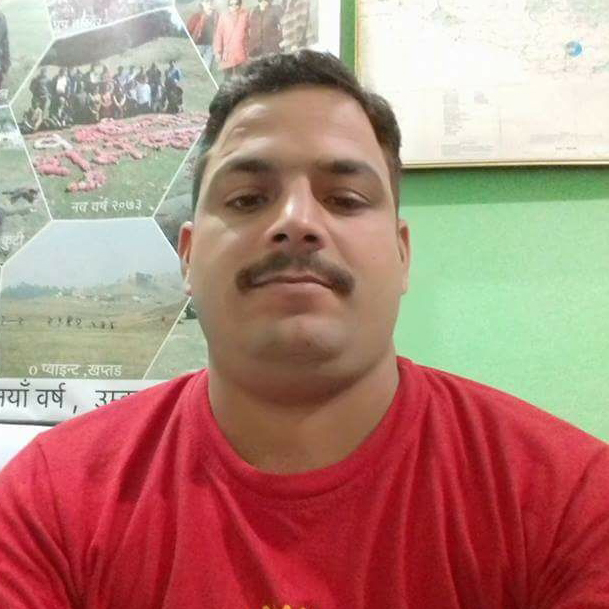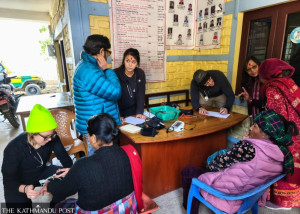Health
Monsoon triggers surge in snakebite cases in western Tarai districts
Nepal Army’s snakebite treatment centre at Arjuni inside the Shuklaphanta National Park treated 60 cases in the last three weeks.
Bhawani Bhatta
With the onset of the rainy season, the incidents of snakebite are on the rise in western Tarai districts.
Snakebite treatment centres and hospitals in Kanchanpur and Kailali districts of Sudurpaschim province are now crowded with snakebite patients. Treatment of the snakebite patients, according to health workers, is quite challenging as patients are often brought to the health facilities at the last minute.
As many as 60 snakebite patients visited the Snakebite Treatment Centre set up by Nepal Army at Arjuni of Shuklaphanta National Park within the past three weeks. “Over the past one week three to four snakebite patients have been visiting the centre on a daily basis,” said Ratan Bohora, a paramedic at the Arjuni-based Snakebite Treatment Centre.
The local residents have hugely benefited after the Nepali Army and the local community jointly established the snakebite treatment centre at Arjuni in 2014. The centre, however, has to refer the patients with serious health conditions to other well facilitated hospitals due to the lack of an intensive care unit (ICU) and ventilator.
“Two patients who were bitten by poisonous snakes were referred to Mahakali Provincial Hospital in Mahendranagar this year. We have no alternative but to send serious cases of snakebite to other hospitals due to the lack of the ICU and ventilator facilities,” said Bohora. The centre also does not even have a monitor to track a patient's vital signs such as blood pressure, heart rate and oxygen levels. The flow of the patients is increasing, but the centre only has two paramedics to provide treatment.
Incidents of snakebite and resulting deaths are common in Nepal, but the issue still remains grossly neglected as what experts call a lurking ‘invisible crisis’. Each year, around 2,700 people, mostly children and women from Nepal’s Tarai region, die of snakebites, according to a March 2022 report.
Most snakebite incidents occur when farmers are transplanting paddy fields or children are playing outdoors. Health workers say that the snakes that live in water are generally less poisonous. “The cases that are most serious occurred at night, often inside houses. Such patients should be taken to hospital immediately,” said Bohora. According to him, people living in thatched-roof houses are especially vulnerable to snakebite, because snakes often enter such homes in search of rats.
Nepal is home to around 17 highly venomous snakes. Each year, the country sees about 20,000 to 40,000 cases of snakebite. The numbers could be higher, as many cases of snakebite go unreported, health workers say.
Another health challenge in rural Nepal is the superstitious belief in visiting shamans instead of seeking treatment at medical facilities for snakebite. Experts say awareness drives should be launched to educate people that the snakebite patients should be taken to the hospital at the earliest. They recommend promoting cleanliness around homes, preventing children from playing in bushy areas, avoiding nightime walks, and using torchlight while walking in the dark.
“Treatment of snakebite patients is possible if they are taken to health facilities on time. Patients are often brought to the hospital only after their condition has worsened, resulting in serious consequences,” said Dr Arjun Bhatta, medical superintendent at Mahakali Provincial Hospital. According to him, 10 snakebite patients with serious health conditions visited the hospital in the past three weeks. “They returned home after treatment,” said Bhatta.




 10.12°C Kathmandu
10.12°C Kathmandu














